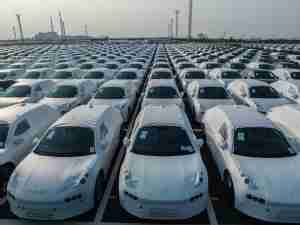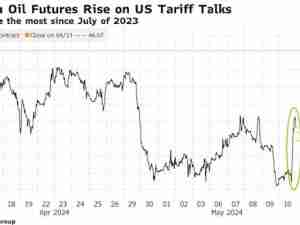U.S. growth will be focused on the construction of a polyethylene factory and two existing polypropylene plants it recently bought from Dow Chemical , Fadigas said in an interview. Final takeover of the Dow plants awaits U.S. regulatory approval.
Fadigas said that Mexico, one Asian country and "more than one" European nation have expressed interest in Brazil's Braskem building so-called green plastic plants, operations that use renewable products -- such as sugar-cane or corn-based ethanol -- rather than petroleum products as feedstocks.
The company, while it has ruled out expanding its operations in Europe for the time being, is analyzing the requests, he said.
"More than one European country showed interest and asked us to build a plant ... There is an Asian country too, and one from the Americas -- Mexico," he noted.
The company will decide before year-end on the location of a 50,000 tonne-per-year polypropylene plant, Fadigas said, adding that the plant may be built alongside one of the existing Dow operations.
"We should have some benefits there, like synergy gains, and cogeneration, and logistics," Fadigas added.
Late in July, Braskem agreed to pay $323 million for Dow Chemical's polypropylene assets in the United States and Germany. The deal, which will boost resin production capacity by 1.43 million tonnes a year, is pending regulatory approval in the United States and Brazil.
Further acquisitions are ruled out for the moment, because returns on acquired plants will likely be lower than those on new-built assets, Fadigas said.
Plans to produce polyethylene in Mexico starting in 2015 are unlikely to lead to an oversupply of the product in North America, he said.
"Mexico supplies Mexico, primarily, and the United States supplies the United States, even if we think that the competitive position could open room for us to export," Fadigas said. (Reuters)








